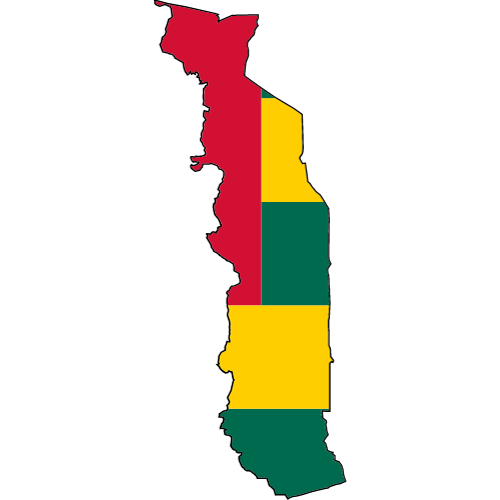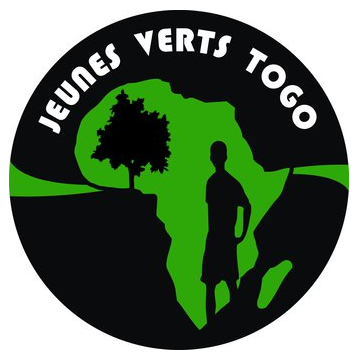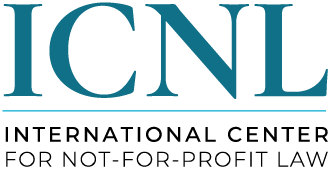Togo
WEST AFRICA CIVIC SPACE INDEX
Responses from interviews and surveys indicate that civic space in Togo faces severe restrictions and can be characterized as " Constricted ".
Areas of profound concern encompass crackdowns on protests, intimidation of activists and journalists, stringent regulations on NGOs, compromised electoral processes, corruption, discrimination against women and minorities, prevalent human rights abuses with minimal accountability, restricted access to information, gender equality gaps, curtailed digital rights, and an inconsistent safeguarding of human rights.
However, Togo has a legacy of civil society advocacy and mobilization pushing for democracy, seen in mass protests in 2017-2018. Harnessing this experience and lifting draconian restrictions on civic space could support greater openness.
Indicator Assessments
Freedom of Assembly:
The government's severe restrictions on protests, arbitrary bans, and use of excessive force form a stark reality. The legal framework, far from supportive, is coupled with poor implementation, rendering peaceful dissent nearly impossible.
Freedom of Expression:
Media operates under tight controls, facing censorship, harassment, and routine arrests of journalists. Critical speech is systematically suppressed.
Freedom of Association:
CSOs contend with burdensome registration requirements and high government interference, undermining their independence.
Rule of Law:
The judiciary, lacking independence, grapples with pervasive corruption that corrodes governance. Arbitrary detentions are alarmingly frequent.
Political Participation:
Credibility and transparency gaps mar elections, with systematic harassment and exclusion targeting opposition groups. Voter registration and political inclusion fall significantly short.
Civil Society Participation:
The scant space for civil society input into policymaking, coupled with perfunctory public consultations, leaves civic engagement in decisions negligible.
Human Rights Protections:
Security forces perpetrate routine abuses, including excessive force, torture, and extrajudicial killings. Legal protections, existing on paper, face negligible enforcement.
Anti-Corruption and Transparency:
Rampant corruption prevails, lacking political will for reform. Government transparency and access to information are severely limited.
Safety of Activists:
Activists and journalists navigate constant threats, arbitrary arrests, torture, and harassment. Impunity for attacks fosters a climate of fear.
Access to Information:
Implementation of access to information provisions is negligible, with tightly controlled access to government data.
Gender Equality:
Discrimination against women persists across education, economic opportunities, and political participation. Protections against gender-based violence remain inadequate.
Digital Rights:
Government restrictions extend to connectivity and online content, with limited user privacy protections.
Challenges and Opportunities
Togo grapples with intertwined challenges of authoritarian rule, stifled freedoms, corruption, and weakened rule of law. The prospect lies in empowering civil society.
A substantial challenge lies in the dearth of political rights and civil liberties within an entrenched authoritarian system. Safeguarding fundamental freedoms and fostering political competition emerges as a critical imperative.
Widespread corruption and cronyism have corroded economic opportunities and public trust. Anti-corruption reforms, alongside protections for journalists and activists, present avenues for governance improvement.
A culture of repression, censorship, and rights abuses has cultivated fear and self-censorship. Ensuring the safety of civil society and dismantling draconian restrictions are indispensable for fostering openness.
Togo's historical backdrop includes civil society and trade union mobilization for democracy, currently constrained. The removal of legal and administrative hurdles for NGOs and activists is pivotal for advocating reforms.
While Togo has experienced pro-democracy movements, severe restrictions on civic space and political rights have impeded progress.
In essence, alleviating restrictions on freedoms, combating corruption, nurturing inclusive governance, and empowering civil society are imperative to address Togo's challenges and pave the way for open civic space.
Analysis of the 12 indicators categorizes Togo's civic space as “Constricted”, reflecting severe restrictions across key dimensions of civic life.




